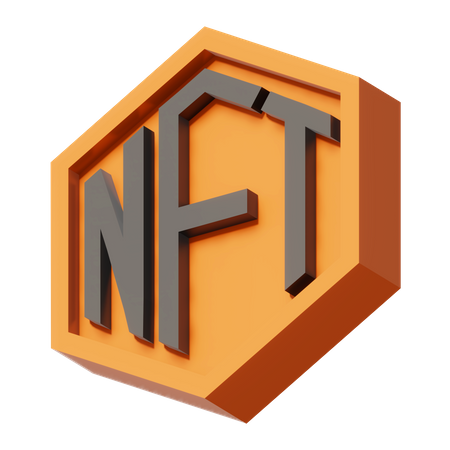NFTs, or Non-Fungible Tokens, are a type of digital asset that represent ownership or proof of authenticity of a unique item or piece of content using blockchain technology. Unlike cryptocurrencies like Bitcoin or Ether, which are fungible and can be exchanged on a one-to-one basis, NFTs are non-fungible, meaning each one is distinct and cannot be exchanged on a like-for-like basis with another NFT. This uniqueness and scarcity make NFTs particularly well-suited for representing digital or physical assets in a digital form.
Here are some key characteristics and concepts associated with NFTs:
- Uniqueness: Each NFT has a distinct and unique identifier that distinguishes it from all other tokens. This uniqueness can be used to represent one-of-a-kind digital or physical assets, such as art, music, videos, virtual real estate, collectibles, and more.
- Blockchain Technology: NFTs are typically built on blockchain platforms like Ethereum, Binance Smart Chain, Flow, and others. The blockchain provides transparency, security, and provenance for NFT ownership and transaction history.
- Ownership and Provenance: NFTs use blockchain to record ownership and transfer of assets. This means that you can prove the authenticity and ownership history of a digital item, making it valuable for artists and creators.
- Indivisibility: NFTs cannot be divided into smaller units like cryptocurrencies. They are bought, sold, and transferred as whole tokens.
- Interoperability: NFTs can be used across various applications and platforms, allowing users to use and trade their NFTs in different virtual environments, games, marketplaces, and social media.
- Digital Collectibles: NFTs are commonly associated with digital collectibles and gaming items. Players can buy, sell, and trade unique in-game assets represented as NFTs.
- Art and Entertainment: NFTs have gained significant attention in the art world, with digital artists selling their works as NFTs in online marketplaces. Musicians, filmmakers, and other creators have also explored NFTs as a new way to monetize their content.
- Ownership Rights: NFT ownership typically grants the holder certain rights, such as the ability to sell the NFT, display it in virtual galleries, or use it in virtual worlds. However, it’s important to note that owning an NFT does not necessarily grant copyright or intellectual property rights to the underlying content.
NFTs have garnered both excitement and debate in various industries. They offer new opportunities for creators and collectors to engage with digital content and assets in innovative ways, but they also raise questions about environmental concerns (related to the energy consumption of some blockchain networks), copyright issues, speculation, and the long-term value of digital collectibles. As the NFT space continues to evolve, it is important for participants to be informed and exercise caution when buying, selling, or creating NFTs.

